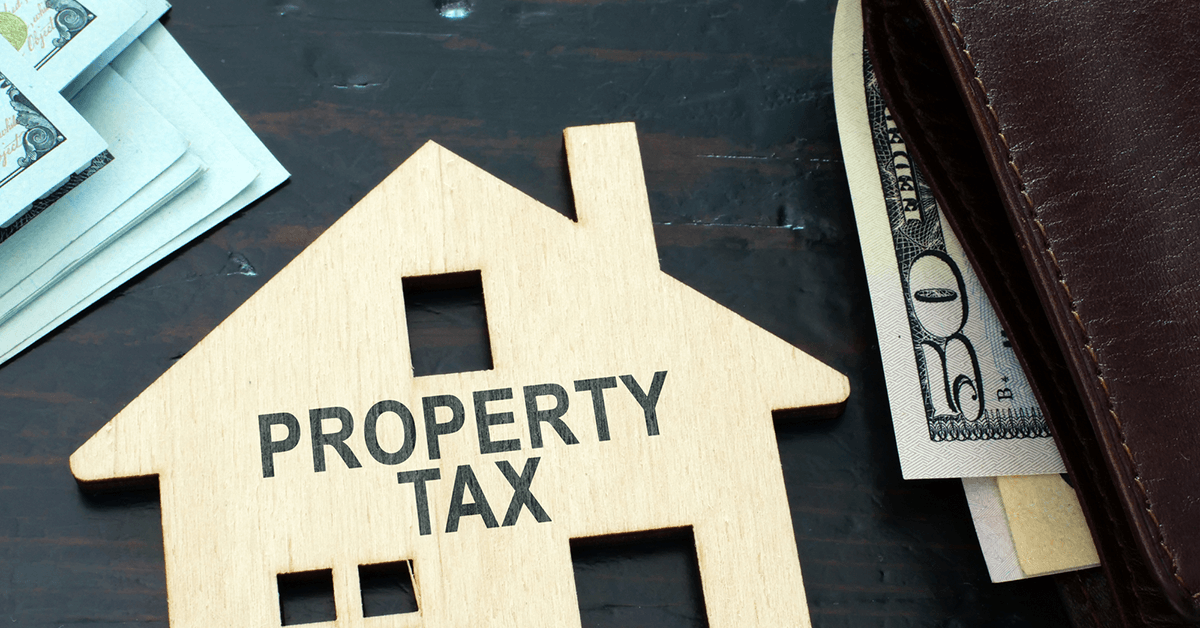By Zina Hutton, Governing (TNS)
No one likes paying taxes and property taxes are always the least popular. Some lawmakers are now looking to eliminate them entirely, with anti-tax initiatives also being proposed for this year’s ballots.
Home prices have skyrocketed over the past few years, with prices in places like Idaho rising upward of 50%. In Idaho, that may largely be the result of remote work bringing more coastal transplants. But prices seem to have risen everywhere, which has led to increased property taxes.
Many of those who are struggling to deal with higher property tax bills are elderly and living on fixed incomes. Others are low- and middle-income earners. The impact on homeowners has inspired grass-roots efforts such as a proposed Michigan ballot initiative that would not only abolish state and local property taxes, but require supermajority votes in the Legislature to raise other taxes.
In Michigan, businesses are hurting and some people are selling their homes because they can’t afford to pay increased property taxes, says Karla Wagner, a real estate agent who is spearheading the initiative. “Think about elderly people who bought their homes 40 to 50 years ago,” Wagner says. “But now, because they’re no longer earning income, they’re forced to sell that house because property taxes have become unaffordable.”
Property taxes are not only a major source of revenue for states and localities but tend to be their most reliable source, fluctuating less than sales and income taxes with changes in economic conditions. North Dakota GOP Lt. Gov. Tammy Miller, who is running for governor, has come out against a property tax elimination measure in that state, saying it “would cause more problems than it would solve.”
Expensive to replace
Figuring out how to replace property taxes is a major reason why abolition measures generally stall out. In Wyoming this year, a bill failed that would have eliminated property taxes for most residents but replaced it with a 2% sales tax increase.
Nebraska Republican Gov. Jim Pillen wants to reduce property taxes by 40% this year. He looks to offset reduced revenues by raising the sales tax and expanding it to include services such as veterinary care, large advertisers and legal fees for businesses. Some lawmakers prefer a bill that would eliminate not just property but income and inheritance taxes, putting the tax burden solely on consumption.
Relying strictly on sales taxes would shift costs onto the backs of lower-income workers, who devote higher shares of their incomes to purchases than the wealthy, says Richard Auxier, a senior policy associate at the Urban-Brookings Tax Policy Center, a project of the centrist think tanks.
“One of the reasons we have income taxes is because it’s a way to collect more revenue from those with more means to pay for it,” Auxier says. “You can get rid of those taxes, but it’s going to take a bigger bite of lower-income people’s paychecks.”
Short of abolishing property taxes, it’s possible to provide relief, for instance by setting limits on assessments or rate increases. “The real issue with property taxes is making sure that people can stay in the homes that they own,” says Manish Bhatt, a senior policy adviser with the Center for State Tax Policy at the nonpartisan Tax Foundation. “Levy limits are a sound way of doing that without creating market distortions that we see with some other methods of relief.”
But critics of property taxes are determined to keep trying to get rid of them. Florida GOP state Rep. Ryan Chamberlin introduced a bill that calls for a study of eliminating property taxes, which he describes as just a first step in a long journey.
“It may take a few years,” he says. “We’re going to come back and put some serious meat on it in its next phase.”
______
(c)2024 Governing. Visit Governing at www.governing.com. Distributed by Tribune Content Agency LLC.
Thanks for reading CPA Practice Advisor!
Subscribe Already registered? Log In
Need more information? Read the FAQs





massvocals January 16 2025 at 3:39 pm
please send me the petition used for removal of property taxes